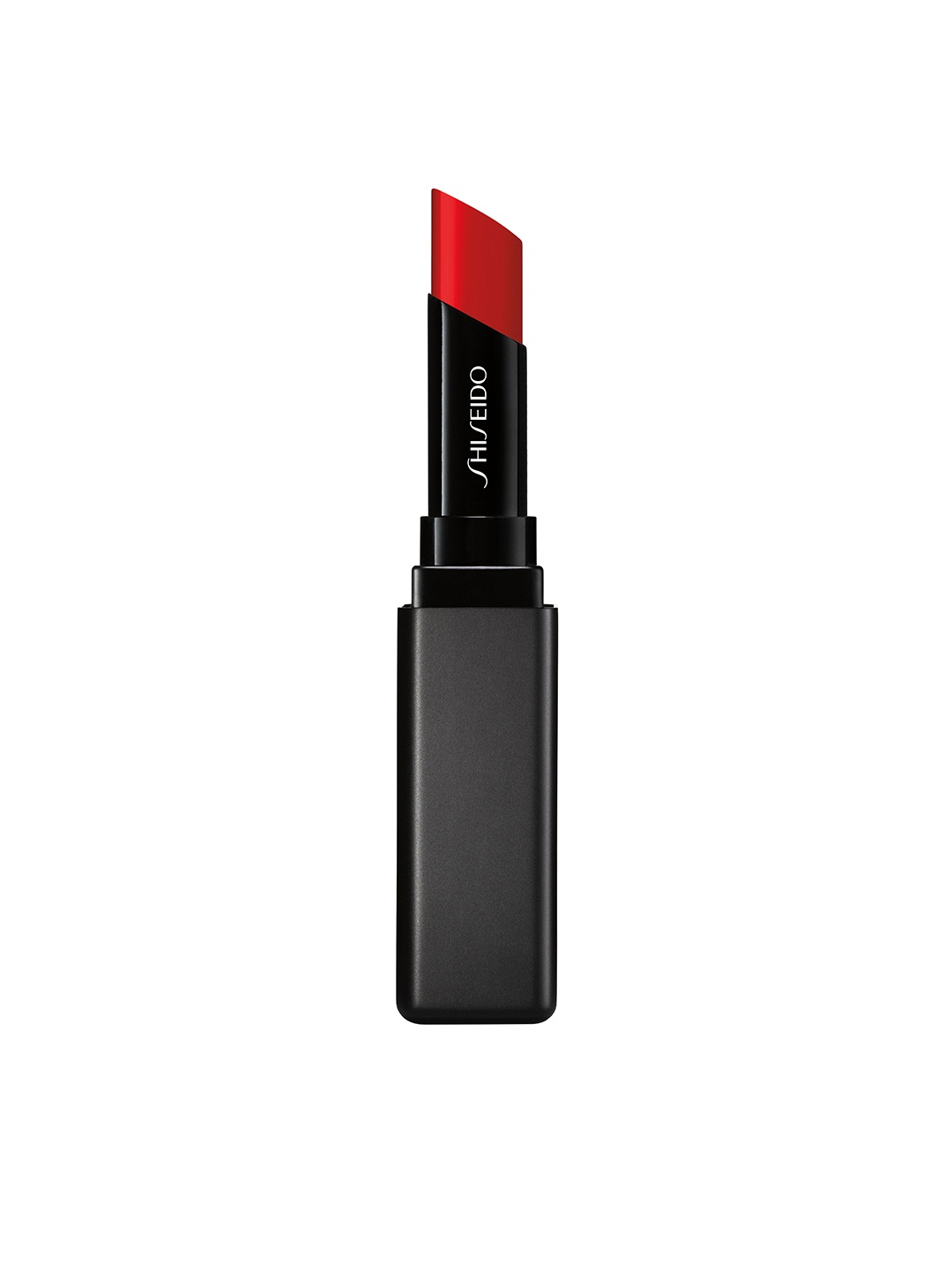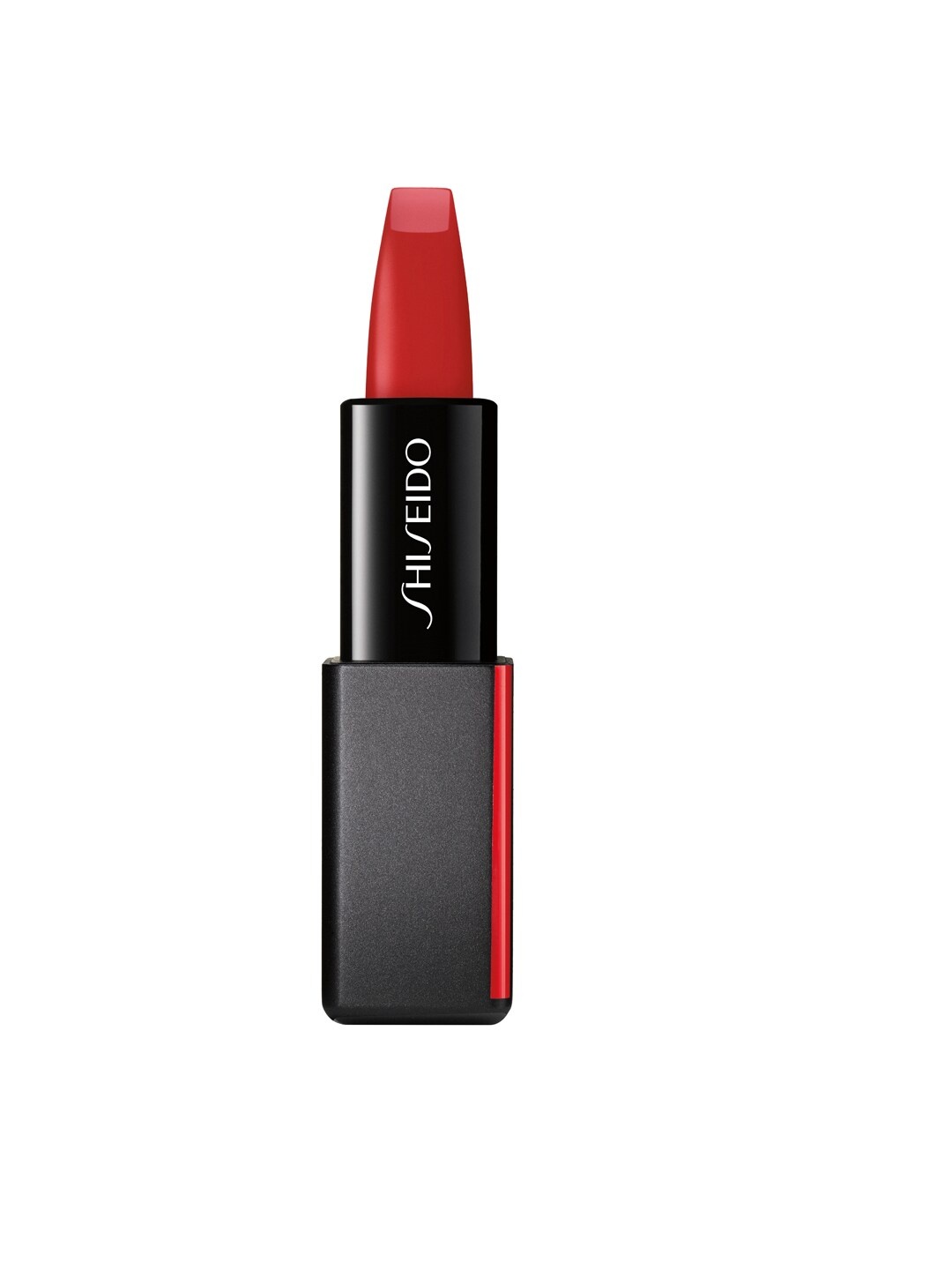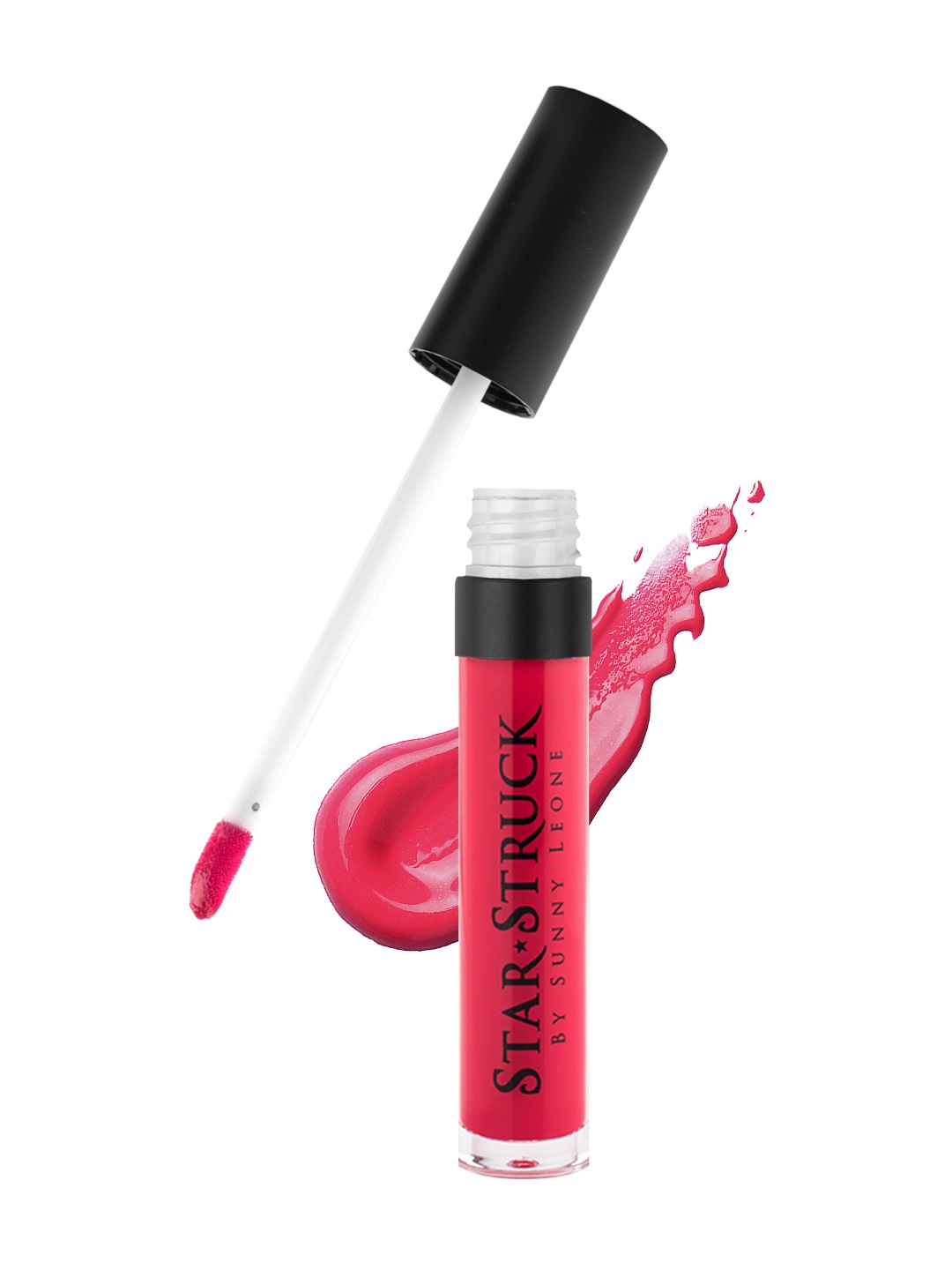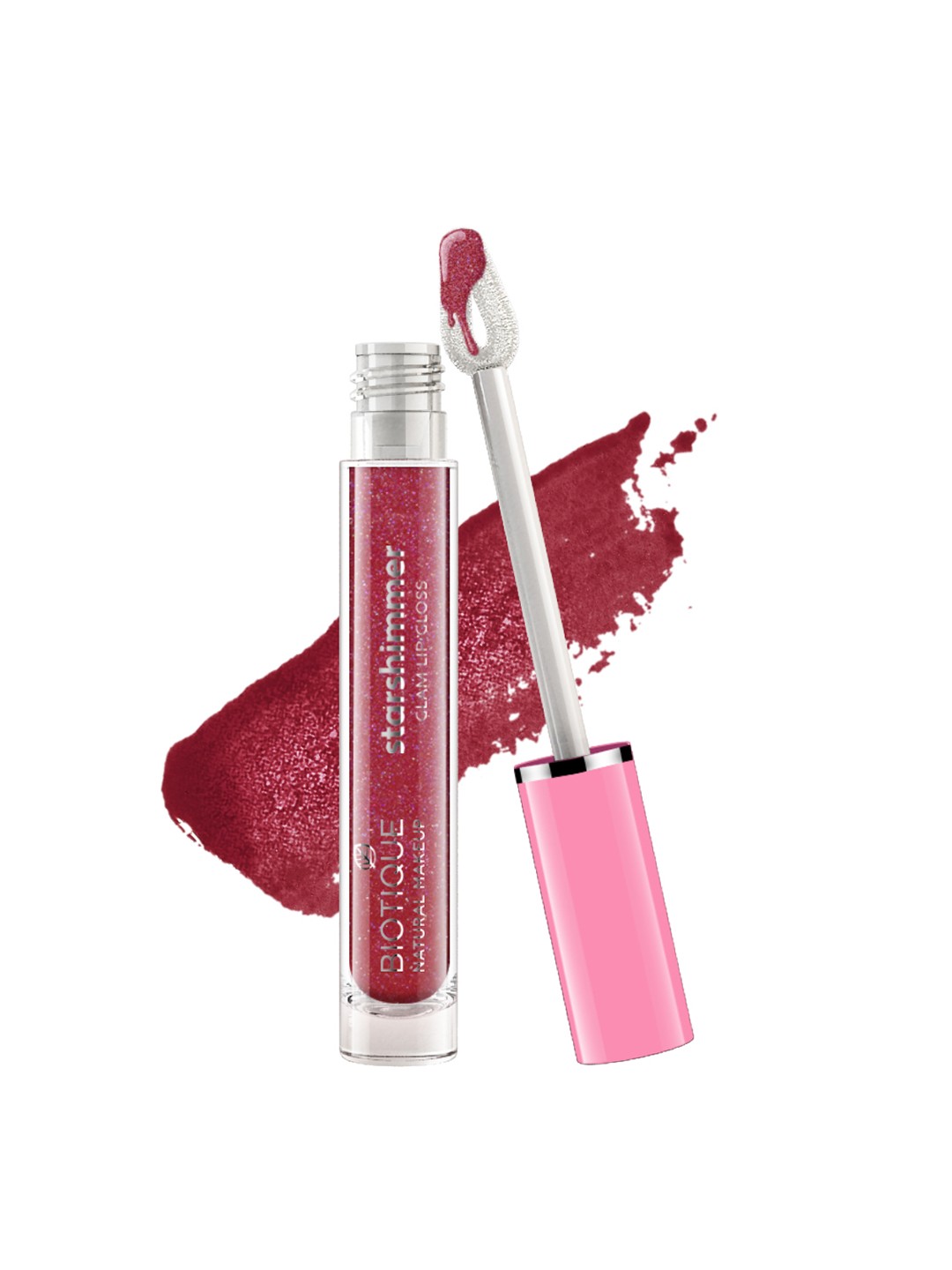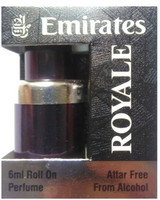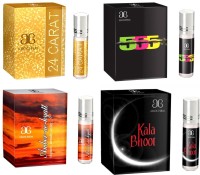Skincare Overload: Why Too Many Products Damage Your Skin More Than Help
Skincare overload: The truth is, the skincare world is caught up in an overload problem. And it's time to unpack why less is often more. This is a closer look at why minimalism in skincare is often the wiser path.
The Skincare Overload Problem: When Too Many Products Do More Harm.
Walk into any modern beauty store or scroll through an Instagram reel and the message seems clear: glowing skin equals an army of products. Cleansers, toners, essences, serums, spot correctors, sheet masks, moisturisers, sleeping masks, the list is endless. Add to that every influencer swearing by a 'holy grail' routine, and suddenly, it feels like smooth, radiant skin comes only after layering a dozen formulas.
But here's the twist: skin isn't a laboratory experiment. Unlike a cupboard that can neatly store endless products, skin has its limits. Overloading it often causes the exact problems people are desperate to avoid, breakouts, dullness, sensitivity and sometimes, medical issues that require far more than a quick fix.
Skincare overload problem reveals why using too many products can damage your skin more than help, disrupting balance, causing irritation, and stress.

Skincare overload: A skincare shelf packed with bottles, jars, and tubes may look tempting, but piling on too many products can sometimes wreak havoc instead of bringing glow; Photo Credit: Unsplash
Skincare Tips To Consider
1. The Allure of the 'Perfect Shelf'
There's something oddly satisfying about seeing a bathroom shelf lined with pastel bottles and glossy jars. For many, it feels like an achievement, proof of effort invested in self-care. Social media only fuels this, with influencers showing off 'shelfies' (yes, that's the word) where skincare looks almost like art.
But looks can deceive. What those aesthetic posts rarely show is the pile of half-used bottles shoved into drawers, or the monthly dent in wallets, sometimes upwards of ₹6,000 or more. Chasing the picture-perfect shelf often turns into an expensive hobby that doesn't always bring results. And when a product fails, the instinct is to add another one, not pause. That cycle creates the very overload that skin struggles to process.
2. Too Many Cooks Spoil the Broth: And the Skin
Skin isn't just a surface, it's a complex organ with its own protective barrier. Throw too many products at it, especially strong actives, and it's like letting multiple chefs add salt to the same curry. The outcome? Over-seasoned, confusing, and often unpleasant.
Layering a vitamin C serum, followed by a glycolic acid toner, then retinol, and topping it with a clay mask might sound like dedication. In reality, it's a recipe for redness, peeling, and sensitivity. Dermatologists often see patients who unknowingly burn their skin barrier simply by mixing products that don't play well together.
A simpler routine, with one or two targeted treatments, usually does more than a cocktail of everything trending on the internet.
3. The Marketing Maze
Skincare brands are smart. They know how to tap into insecurities, be it acne scars, pigmentation, or fine lines. For every concern, there's a glossy ad promising a miracle in four weeks. It's easy to fall for the pitch: 'If one serum helps, maybe three will work even faster.'
But skin doesn't work like that. More products don't equal quicker results; sometimes, they push progress back. Marketing thrives on creating a sense of urgency and inadequacy. The message is subtle but powerful: you are not enough unless you buy this next jar. The overload problem isn't just personal, it's structural, designed by an industry that benefits from confusion.
Also Read: Best New Skincare and Haircare Products In 2025: Affordable Sunscreens, Shampoos And More
4. The Hidden Price Tag
Beyond the sticker price of ₹1,200 for a serum or ₹2,800 for a moisturiser, there's another cost, time, energy, and often disappointment. Imagine spending fifteen minutes each night layering six products, only to wake up with new pimples or itchy rashes. That's frustration money can't measure.
Many people confess to having 'graveyards' of skincare products, expensive items abandoned after two weeks because they didn't work. Some even expire untouched, quietly draining wallets. In contrast, a dermatologist-recommended cleanser, moisturiser, and sunscreen, often costing less than a single luxury serum, do far more in the long run.
The overload problem, at its core, is about misplaced investments.
5. When Glow Turns Into Guilt
There's also an emotional toll in chasing flawless skin. Every breakout after using a 'must-have' product feels like failure. Skincare shifts from being self-care to self-criticism. The overload of options creates constant second-guessing: Did I skip the essence? Should I add niacinamide here? Why isn't my skin glowing like hers?
This mental clutter can be exhausting. Instead of feeling calm and pampered, routines start to feel like unpaid work. For many, guilt sneaks in, guilt for not buying the latest launch, guilt for not using everything consistently, or guilt for spending ₹5,000 on a cream that sits untouched. True self-care should reduce stress, not add to it.
6. The Barrier Breakdown
The skin barrier is like the security guard of the body. It keeps hydration in and irritants out. But too many products, especially harsh exfoliants or frequent peels, can weaken this guard. Once the barrier cracks, trouble pours in, redness, itchiness, breakouts, and that constant feeling of dryness no matter how much moisturiser is slathered on.
This is why dermatologists often recommend a 'skin fast', a period where people stop everything except the basics. In just a few weeks, many find their skin calmer and clearer. It's proof that healing often lies in subtraction, not addition.
7. The Copy-Paste Routine Trap
One of the biggest reasons for overload is blindly copying routines from YouTube or Instagram. What works for a 20-year-old with oily skin in a humid climate might not suit someone in their 30s with dry skin living in Delhi's winter. Skin is personal, but trends make it seem universal.
The trap is assuming more products equal more progress. In reality, skin thrives on consistency, not variety. Using fewer products that suit one's unique needs is far better than replicating an influencer's ten-step routine. As one dermatologist quipped, 'Your skin doesn't follow hashtags.'

The Skincare Overload Problem: When Too Many Products Do More Harm; Photo Credit: Unsplash
8. The Minimalist Miracle
Minimalism isn't boring; it's liberating. Imagine a routine with just three steps, cleanse, moisturise, protect. Done in under five minutes, with skin still glowing. Adding one targeted product, like a retinol or vitamin C, only when truly necessary makes results visible and manageable.
Minimal routines are also kinder on the pocket. Instead of splurging ₹10,000 on six serums, that money can cover months of dermatologist visits, good sunscreen, and healthy food, the real trio that fuels skin health. Less isn't just more; it's smarter.
9. Food, Sleep, and Stress: The Forgotten Skincare Heroes
Often, skin problems have less to do with what's applied externally and more with what's happening internally. No serum can compensate for four hours of sleep, chronic stress, or a diet high in processed food. A simple shift, like drinking more water, sleeping on time, or eating fresh fruits and vegetables, does more for skin than an expensive 'overnight mask.'
Grandmothers weren't wrong when they swore by home remedies. While not every DIY trick is safe, many traditional practices emphasised balance: oil massages, natural diets, and stress relief. The overload problem distracts from these basics, making people forget that good skin often begins in the kitchen and bedroom, not the bathroom.
10. Finding Balance, Not Perfection
The ultimate goal of skincare shouldn't be perfection, it should be health. Chasing poreless, glass-like skin is a race with no finish line. Skin will have texture, occasional pimples, or marks, that's normal. Overloading products in the hope of erasing every flaw only leads to more damage.
Balance is key: a small, consistent routine, occasional professional advice, and patience. Skin has its own rhythm; it doesn't run on two-day shipping. Instead of obsessing over 'fixing' it, celebrating its resilience is the healthier, happier path.
Products Related To This Article
1. GLAMVEDA Women Korean Glass Skin Rice & Ceramide 6 Step Daily Skincare with Gift Box
2. Olay Vitamin C Kit for 2X Glow with Serum 30ml & Cleanser 100g
3. Garnier Bright Complete Vitamin C Face Wash 150g + Serum 30ml + SPF 40 Serum Cream
4. FoxTale Dewy Morning Travel Kit for Glow & Hydration with Zero White Cast
5. Quench Dew Must Go On Gift Kit
6. Biotique Daily Skin Care Essential Gift Kit
7. Rivona Naturals Set Of 3 HA Aqua Body Lotion With Moisturizing Cream & Serum
The skincare overload problem is less about vanity and more about vulnerability, vulnerability to marketing, comparison, and the promise of quick fixes. But skin, like life, thrives on balance, not excess.
A shelf full of products may look glamorous, but true glow often comes from simplicity: a gentle cleanser, a trusted moisturiser, and daily sunscreen. Add good sleep, nourishing meals, and stress management, and suddenly, that elusive radiance doesn't feel so elusive anymore.
After all, healthy skin doesn't need twenty products. It just needs the right care, and the wisdom to know when to stop. Shop now on Myntra.
